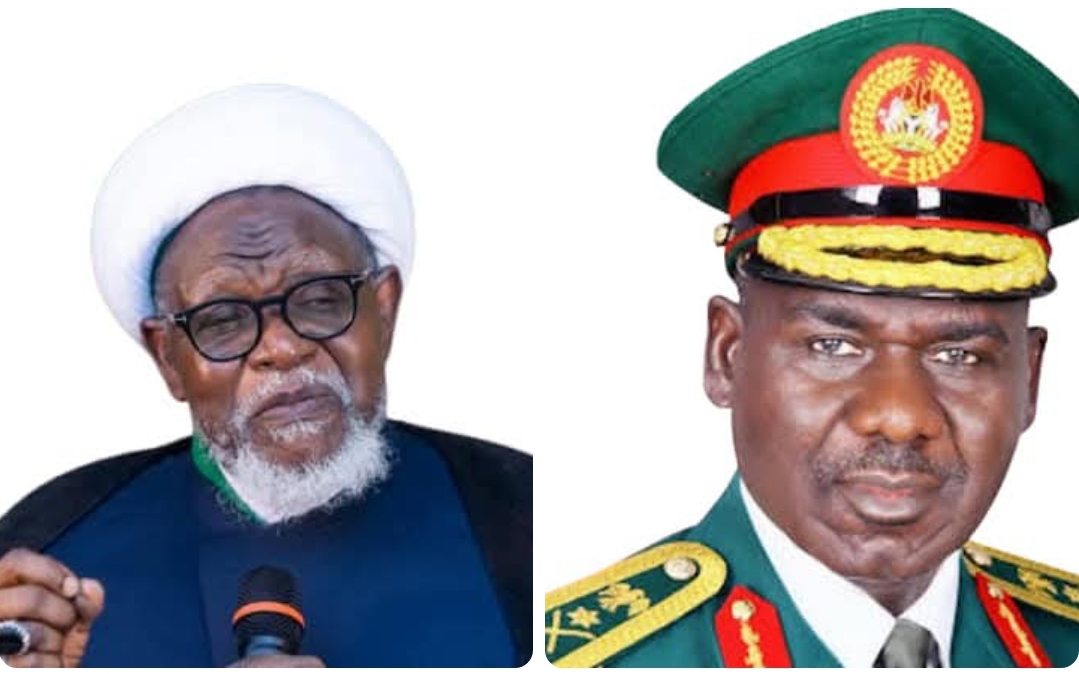Zaria Massacre: A Military Operation Against IMN in 12, December 2015

By Zaharaddeen Ishaq Abubakar
The Zaria massacre occurred between December 12 and 14, 2015, in Zaria, Kaduna State, Nigeria. The conflict involved the Nigerian military and members of the Islamic Movement in Nigeria (IMN) led by Sheikh Ibrahim El-Zakzaky. Below is a detailed account of the events, their aftermath, and government responses:
The Events of December 12, 2015
Nigerian soldiers accused IMN members of obstructing the convoy of the Chief of Army Staff, Lt. General Tukur Buratai, during Maulid celebrations. This led to violent clashes between the military and the group.
- The military launched attacks on IMN facilities, including their headquarters, "Hussainiyyah Baqiyyatullah," and the residence of Sheikh Zakzaky.
- Over 300 people were killed, including women and children.
- Sheikh Zakzaky and his wife were arrested, both sustaining severe injuries.
The attacks also led to the destruction of IMN properties, including their headquarters and cemeteries.
Casualties and Mass Burials
Human rights organizations estimated that 347 people were killed and buried in mass graves by the Kaduna State Government. The government confirmed the mass burial.
Arrests and Legal Actions
Hundreds of IMN members were arrested, with some charged with various offenses ranging from unlawful assembly to homicide.
IMN Protests
Following the massacre, IMN members organized nationwide protests demanding the release of Sheikh Zakzaky and justice for the victims.
Human Rights Organizations' Reports
Condemnation
- Amnesty International and Human Rights Watch condemned the incident as a "gross human rights violation" and extrajudicial killings.
- Reports highlighted that soldiers fired on unarmed civilians and denied medical assistance to the injured.
Judicial Inquiry
In 2016, the Kaduna State Government established a Judicial Commission of Inquiry. The commission accused the military of excessive force, but its recommendations were not fully implemented.
Court Rulings
In 2016, the Federal High Court ordered the release of Zakzaky and his wife, awarding them ₦50 million in damages. However, the government failed to comply with the ruling.
Government Actions Post-Massacre
Continued Detention of Zakzaky
Despite the court ruling, Zakzaky and his wife were detained for over five years before being acquitted of all charges in 2021.
IMN Ban
In 2019, the Nigerian government designated IMN a "terrorist organization," banning its activities. Experts argue this contravenes constitutional rights.
Escalating Tensions
IMN protests escalated, often resulting in violent clashes with security forces, leading to further deaths and arrests.
International Human Rights Standards
Use of Force
International standards, including the UN Basic Principles on the Use of Force and Firearms, prohibit excessive force against civilians. The Zaria massacre violated these principles.
Justice for Victims
Families of the victims have yet to receive compensation or justice. The lack of accountability highlights systemic failings in Nigeria's judicial system.
The Zaria massacre remains a dark chapter in Nigeria's human rights record. Despite widespread condemnation, both locally and internationally, the government's response has focused on suppressing IMN activities rather than addressing the underlying issues or ensuring justice. This underscores Nigeria's ongoing challenges in balancing security and human rights.

